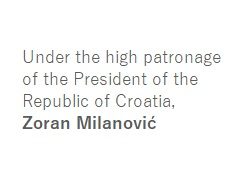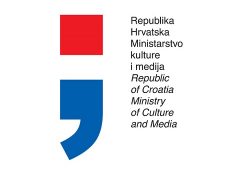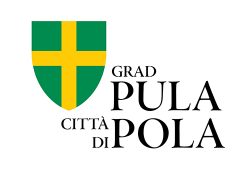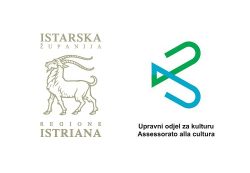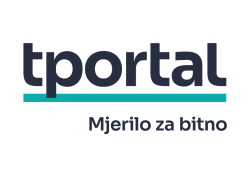Cinema Valli, 16.7. at 10:00
Another edition of the pitching programme Work in Progress will be held in front of a n international three-member jury, and is aimed at all Croatian or Croatian minority feature projects in postproduction that are planned to be finished within a year. The jury will decide on the best projects to receive three prices: 6,000 EUR cash prize awarded by Brijuni Rivijera; postproduction audio processing in the amount of 10,000 EUR, awarded by the Czech studio Sleepwalker; and picture and sound processing in the amount of 3,000 EUR, awarded by the Slovenian company Teleking. Up to ten projects will be selected for the pitching, and all selected finalists will be able to participate in the workshop programme to prepare for their presentations.
MENTOR: Ena Rahelić
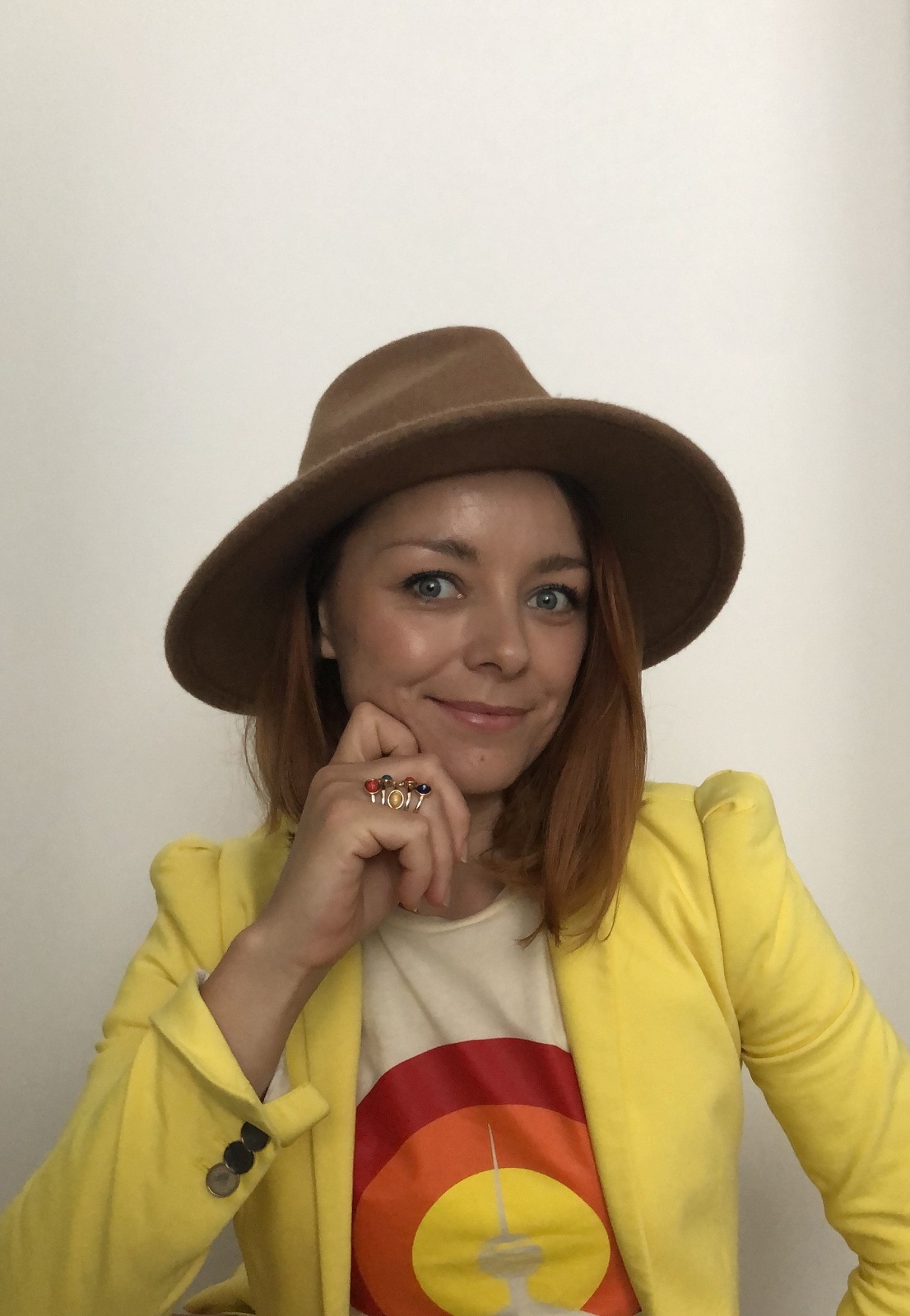
Ena Rahelić is the head of Industry and strategic development consultant at Mediterranean Film Festival Split/Kino Mediteran. With a background in journalism and communication science studies, she gained experience in her 15 years of work in the media and film industry. Along with TV and radio production in Austria, she spent more than seven years working for Obala Art Centar/ Sarajevo Film Festival as manager of CineLink Industry Days, head of Operation Kino, the Dealing with the Past section, and works as distributer for the territory of former Yugoslavia. Since 2018, she has been working with Mediterranean Film Festival Split as consultant for strategic development and head of Industry. She is also producer at Digital Magic Studio for audio postproduction from Zagreb, and in 2023 she took over the position of head of Industry – Meeting Point at Vilnius International Film Festival.
JURY:
Alen Munitić

Alen Munitić started Mediterranean Film Festival Split in 2018, and serves as its artistic director. At that time, he already had a number of years of professional experience at the largest regional festivals such as Zagreb Film Festival, Motovun Film Festival, ZagrebDox, Animafest Zagreb, and others. Mediterranean Film Festival Split quickly became the most visited cultural event in Split. In 2012, he started Kino Mediteran, a project aiming to revitalise cinemas in Dalmatia that is now held in more than twenty towns and attracts 70,000 visitors every year. Since 2016, Kino Mediteran has been heading regional distribution of independent European films, and in 2020 started a VOD platform dedicated to independent film. From 2018 to 2021, he was the president of the Croatian Independent Cinemas Network.
Nico Marzano
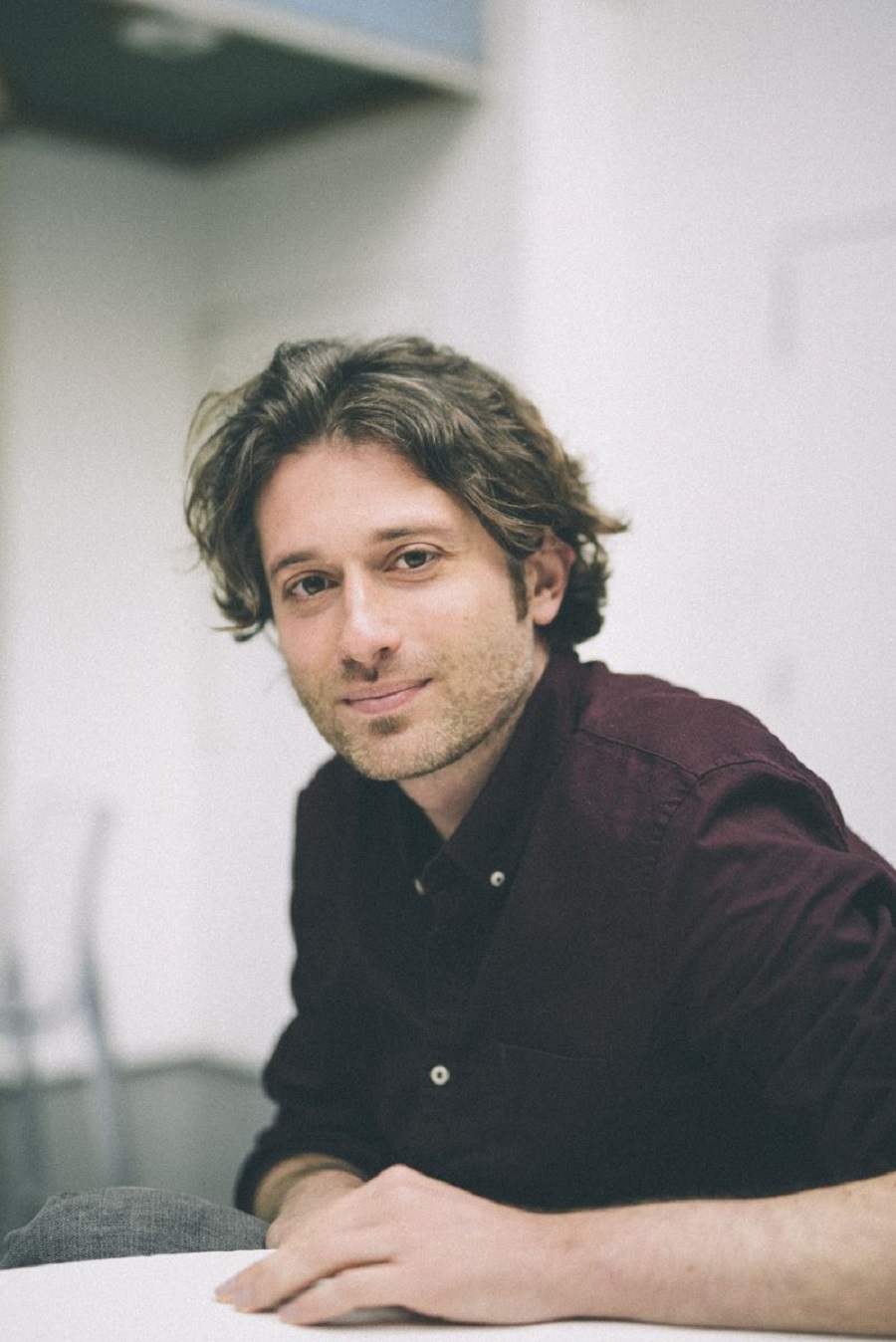
Film curator, film lecturer and film producer, Nico Marzano has been head of the film department of the Institute of Contemporary Arts in London for ten years; under the ICA Cinema label, led the acquisition, presentation and distribution of multiple Cannes winner titles and Oscar-nominated films both in the United Kingdom and Ireland, and both in theatres and on the VoD circuit. Currently collaborating with the Rome Film Fest, he has served on the juries of prestigious festivals such as Sundance, Venice Film Festival, London Film Festival and Cinema du Reel. He has held workshops in Cannes and at important institutional venues worldwide. Nico has advised and collaborated in various capacities on numerous indie film productions.
Milan Stojanović
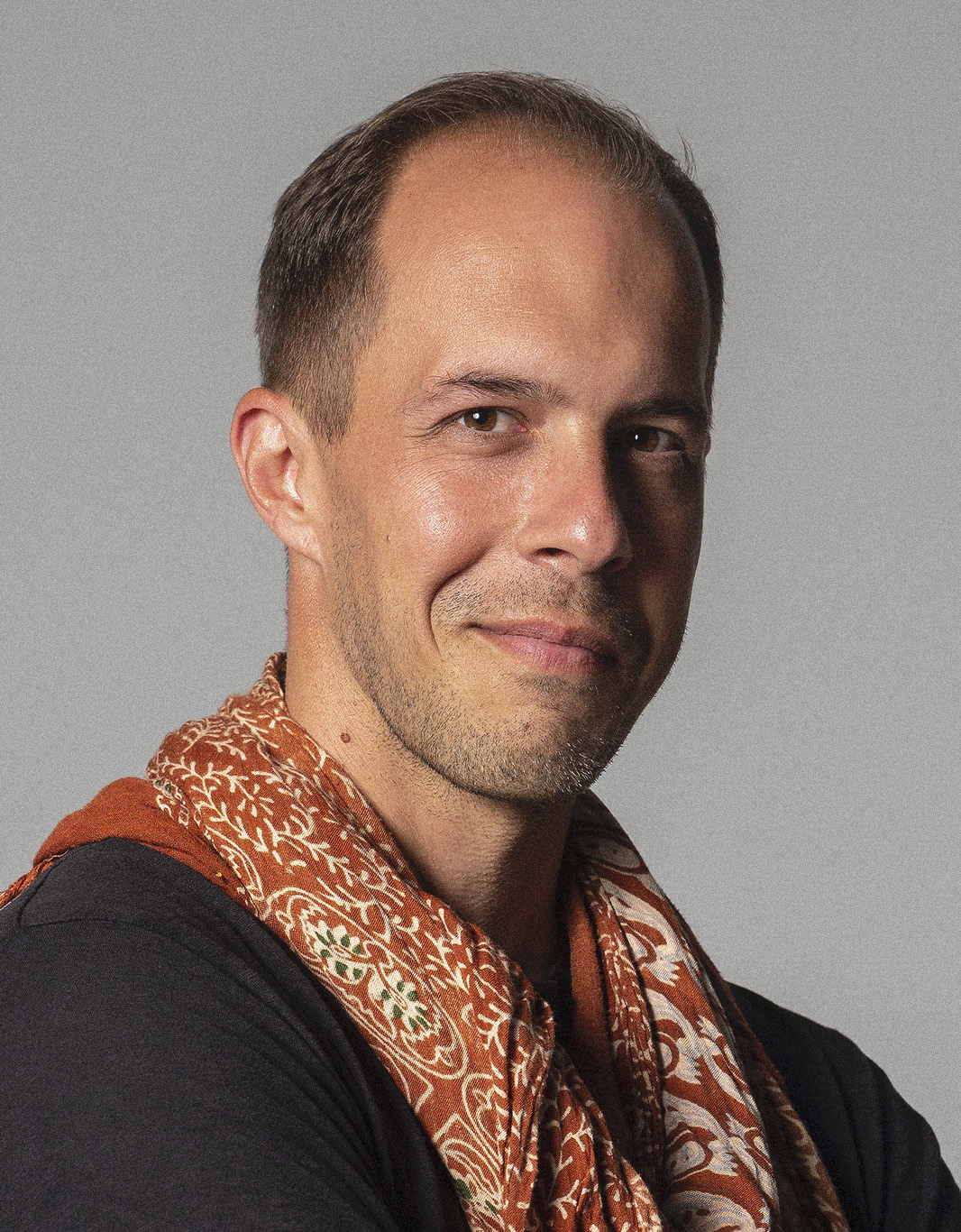
Milan Stojanović is the producer of films How I Learned to Fly (2022), Working Class Goes to Hell (2023), Oasis (2020) and Barbarians (2014). He co-produced the films Forever Hold Your Peace (2024), Housekeeping for Beginners (2023), Traces (2022) and Uncle (2022), as well as the drama series The Last Socialist Artefact (2021). He is a member of the European Film Academy and the EAVE national coordinator for Serbia. He is an Assistant Professor at the Faculty of Drama Arts in Belgrade.
PROJECTS:
NO OFFENCE
With a bittersweet combination of pride and prejudice, this mid-length documentary film portrays a county of happy people and sad songs, where unresolved conflicts create an uninterrupted circle of discrimination. In Međimurje, the smallest and northernmost Croatian county, there is a specific splice of coexistence. Three groups of people – Croatians, Roma, and Nepalese – live completely separate lives, but see each other as the fundamental part of their everyday life.
Lucija Marčec graduated in journalism from the Faculty of Political Science in Zagreb. She worked as a journalist, announcer, and presenter on TV and in online media, which guided her into the world of film. She primarily works in documentary film, and is currently finishing her MA in documentary film directing at the Academy of Dramatic Art.
GOOD CHILDREN
After their mother’s funeral, siblings Nikola and Saša reunite at their childhood home. With Saša’s imminent return to Canada, they have three days to clear out the house. As they sort through memories, Nikola’sreluctance to part with their mother’s possessions frustrates Saša. Amidst the chaos, they bond over childhood games and alcohol, but Nikola’s teasing leads to tension. Despite their differences, they find solace in shared moments, though unresolved issues linger.
Filip Peruzović, director from Zagreb. He directed TV drama Walk the Dog, Little Waves (Best Croatian Short Film, Cinehill), Coffee With Jam, Deep Cuts (Best New Talent, VFF), Sinking Objects, Shut Your Windows, Tetrapak and Good Morning. Nikolina Bogdanović, works as a screenwriter, dramaturge, and audiovisual translator. Notable works include Good Children, Pelican, Go, Went, Gone, The Place from Where I Write You Letters which she also directed and many others.
UNDER THE APPLE TREE
Under the Apple Tree is a documentary about my mother and her native village, Deževice. Through the seasons, we observe a village that lives or at least tries to survive. Once a place bustling with people, now it counts only a few older women, animals, and one priest. In the fall, everyone who spent the summer in their homeland returns back to their other homes. In the winter, there’s no one. Spring is quiet, waiting for summer, and when summer arrives, so do the people. My family also gathers in Deževice in the summer, on the anniversary of my grandmother’s death, when my mother once again sits under her apple tree in front of our house. Then, for a brief moment, everything comes to life again; memories, the village, family, home.
Lucija Brkić was born in Pula in 2000. After finishing high school, she enrolled in Cultural Studies at the Faculty of Humanities and Social Sciences in Rijeka. She began her film career at Filmaktiv’s New School of Documentary Film and continued with the Blank association. She completed her undergraduate studies in Rijeka and is currently pursuing a master’s degree in Film and TV Directing, specializing in documentary film, in Zagreb. She is the author of the following works: One Friday Afternoon (2020, Filmaktiv), Do You Get It Now? (2022, Blank), and In Transit (2024, Academy of Dramatic Art).
SOUTHERN WIND
This is a dark comedy of mosaic structure about the lives of the people living in a four-storey building in Split. Climbing up the storeys, through film vignettes, we meet the tenants linked by love, death, sex, motorcycles, rapping, and Alvaro Recoba. After being suspended, professor Toma returns to his flat on the floor, but instead of peace, he is met with his father, a former goalkeeper, and a whacky neighbour. He is engrossed in the Italian league, and she is bothered by the noisy young men on the fourth floor and is trying to find someone to straighten them out. From football dolphins and marmalade cookies to Petra’s motorcycle and the worst birthday ever, we get to a night not easily forgotten by the tenants of this building in Split, and young Ronaldo and Adriano will finally show how dangerous they really are.
Ante Marin was born in Split in 1985. He works as screenwriter on film and TV projects in all phases of development, and has taken part in a number of national and international screenwriting workshops. He is one of the founders, teaching coordinator, and lecturer at the Screenwriting School Pulanko of the Croatian Film Association. He is a member of Blank_film incubator, Kino klub Split, and the Croatian Screenwriters and Playwrights Guild. After a series of short films, he is making his directorial and writing debut with the film Južina.
HONEY BUNNY
Honey bunny is a feature-length debut film, a humorous drama directed by Igor Jelinović, created as a Croatian-Serbian co-production between the production companies Eclectica and Baš Čelik. The film follows Tonina, known as Koke (played by Snježana Sinovčić Šiškov), from Split, who has always taken care of both hers and her sister’s family, believing they would be completely lost without her. Despite facing no problem head-on, sacrificing herself, and putting in endless effort, Tonina never receives the gratitude she longs for. In the end, she will take what she deserves.
Igor Jelinović was born in 1984 in Split. He graduated in film and TV directing, specializing in fiction film, from the Academy of Dramatic Art in Zagreb. He is the president of the Blank Association, which focuses on film education for children and youth, film production for debutant filmmakers, and social entrepreneurship. He has directed over 15 short films and produced around a hundred short films of various genres. Koke is his debut feature-length fiction film.
PEOPLE IN MY HOUSE
Tatjana, a Croatian in Amsterdam, is lonely. Her teenage son is ashamed of his unusual mother who speaks with a horrible Slavic accent. She understands she needs to fit into the Dutch society, but her efforts only emphasise the cultural differences further. People in the West are too individualistic to understand a Slavic soul, her friend says. Tatjana visits her relatives around Europe, trying to grasp a feeling of belonging. She visits her father and discovers a dark side of her family’s history. She needs to break the curse so her own son doesn’t get even more detached from his immigrant mother.
Tatjana Božić holds an MA in TV journalism and a PhD in film from the Moscow Film School. She made documentary films wherever she has lived: Russia, England, Croatia, and the Netherlands. She is the co-founder of Fade In and director of a number of documentary films. Her film Love Odyssey won numerous awards and nominations at international festivals and was independently distributed across Europe.
DRAŽEN
A film about Dražen Petrović by director Danilo Šerbedžija, focusing more on his personality and unique character, and less on his success in sport. The film follows Dražen’s journey from childhood in Šibenik to professional success in Cibona and Real Madrid, emphasising his rivalry and relationship with his brother Aco, who he outperformed. The film also shows his love story with Renata, who fell in love with Dražen even though she was not interested in sport. Their love blossomed alongside with his career, but Dražen’s dissatisfaction with not playing in the NBA, especially in Portland, brought in tension as he realised that basketball is his one true passion.
Ljubo Zdjelarević is a film producer and director. He holds a master’s degree in history and geography and studied film and theatre production at the Academy of Dramatic Art. He lives and works in Zagreb. As a distributor, Ivor Šiber has collaborated with all the leading film studios worldwide, with a special focus on Croatian films. He is an external lecturer at the Academy of Dramatic Art and VERN University. Dražen is his debut feature-length production.
DUST IN THE SHOWCASE
Dust in the Showcase is a film about the director himself, who leaves for Amsterdam in search of a better life. His journey turns into an unplanned, but necessary search for his own father. The eternal motive of a meeting between a lost father and his son opens up into a conversation about broken family relationships, intergenerational trauma, war, love, alcoholism, sexuality, living with AIDS… and also the challenges of building personal lives within various social transitions. The film is an autobiographical journey through the director’s life and the meeting with his father, who keeps his memories in a showcase covered in dust. He believes that dusting can cause ghosts of the past to come out, just like with Aladdin’s lamp.
Daniel Pavlić is a designer, photographer, and filmmaker. He has served as a jury member and selector at a number of international film festivals, and has made several documentary films. He won the award for Best Documentary Film at Tuzla Film Festival in 2019 for his film Dear Mrs. President! He published two books, and in addition to awards for his short stories, last year he won the award for best report in 2022. The Croatian Journalists’ Association presented him with the award for humanity in 2021.

